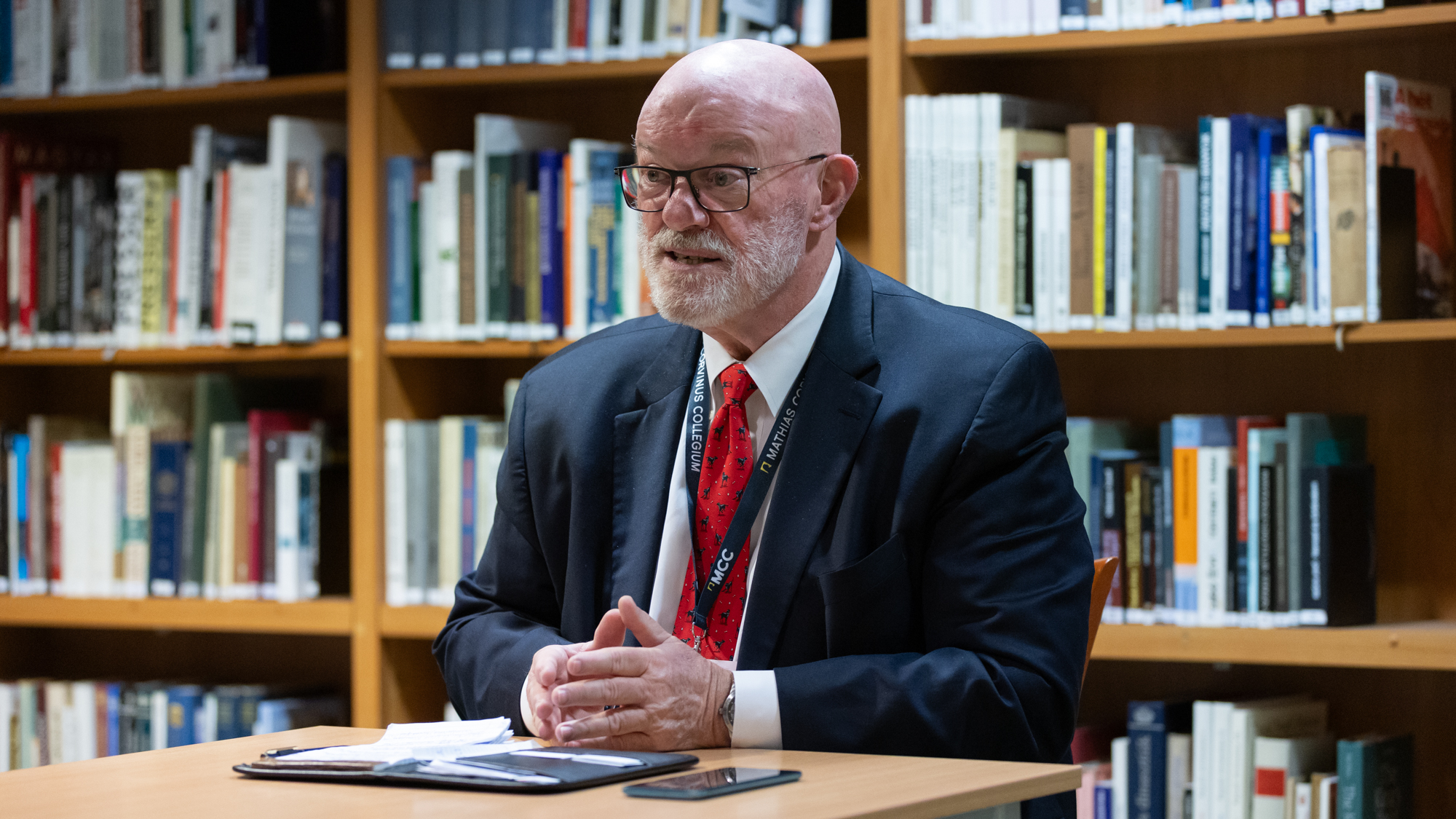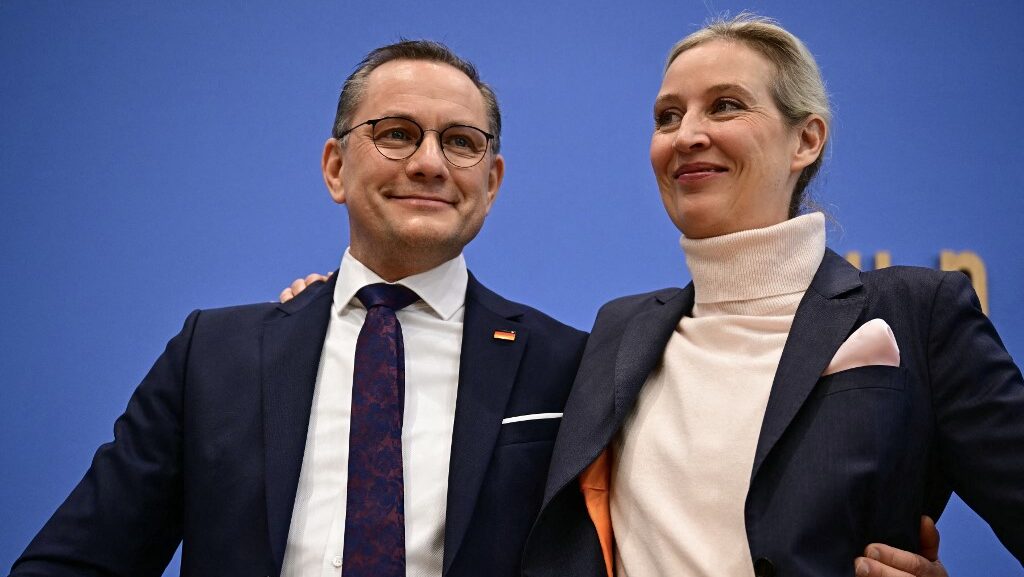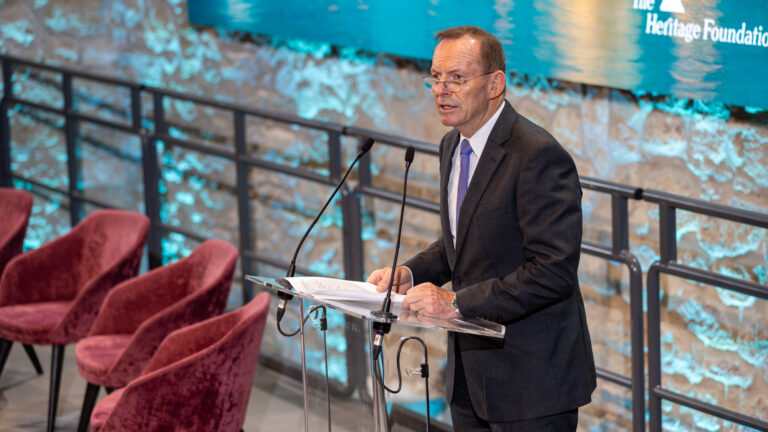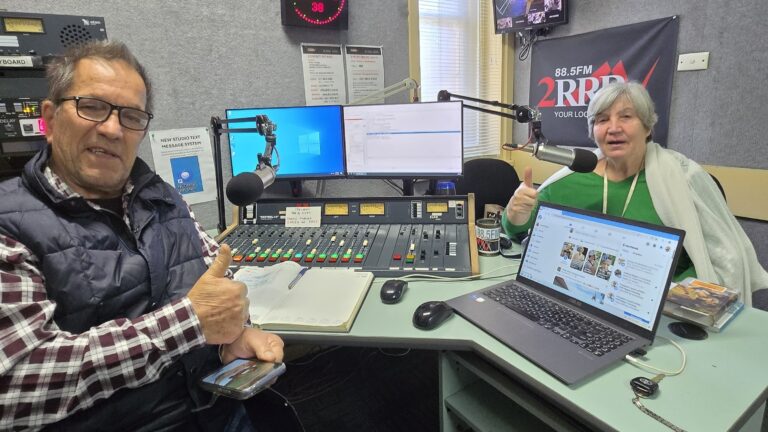Paul J Larkin is a senior legal fellow at the Heritage Foundation and one of the most prominent conservative voices on criminal justice and drug policy in the United States. At the MCC Budapest Summit on the Global Drug Epidemic, he spoke with Hungarian Conservative about the early results of the second Trump administration’s efforts to curb illegal migration, dismantle fentanyl trafficking networks, and reduce violent crime.
***
We’re now 11 months into the second Trump administration, with the president moving to tackle the complex security issues the United States faces—illegal migration, illegal drug trafficking, especially fentanyl, and cracking down on crime in big cities. How do you assess the results so far?
One thing that has happened clearly is that by shutting down the border, they have limited the amount of fentanyl and other drugs that can be brought in that way. Fentanyl is an extremely powerful opioid. There’s a scale of potency: morphine is one, heroin is five, methadone is seven, fentanyl is 50 to 100. And then there are variations on the basic fentanyl—carfentanil, which is an elephant tranquilizer, is 10,000. As you can see, only a small amount of fentanyl and a minuscule amount of some of the fentanyl analogues is necessary to have the psychoactive effect. You can bring a great deal of it across even though each individual courier is carrying a very small amount. We’ve stopped much of that from happening, and that’s a tremendous boon. The President and everyone associated with immigration enforcement deserve a great deal of credit for that. That is a tremendous effort because it saved lives. The last administration didn’t take that step even though it could have, and there are people who are no longer with us as a result.
Given these early results, what do you see as the biggest challenges ahead in addressing drug addiction itself, beyond simply stopping the flow of fentanyl?
There are other things where we don’t know yet whether they’re going to improve. For the last 60 years in America, the intelligentsia—the academy, the movies, the media—have pushed the idea that self-fulfilment and self-gratification are the ne plus ultra in life, and that self-sacrifice is for chumps. The problem with addictive drugs, including cannabis, methamphetamine, heroin, and fentanyl, is that trying to quit once you become physically dependent or addicted is extraordinarily difficult. A similar amount of strength to what is required for Navy SEAL training is oftentimes required to kick an opioid habit. Tapering, medically assisted therapy, or going cold turkey all pose severe challenges, and withdrawal is extraordinarily painful.
We don’t know yet what the single best way to treat opioid addiction is. Methadone and buprenorphine are one way, combined with Twelve-Step programmes. We also don’t know whether the federal government will find a methadone-like drug for cocaine or methamphetamine; we don’t have an off-switch for coke or meth. That would require considerable investment, and we don’t know if enough money is being devoted to it. It also takes time to get enough treatment programmes up and running, and there are far too few compared to the number of people who need them. That creates disillusionment: if the government says you need treatment but can’t offer you a slot, people will believe they were lied to and won’t use treatment even when it becomes available. There are long-term aspects of the addiction problem whose outcomes we don’t yet know—and we may still not know them even by the time Trump leaves office in 2029.
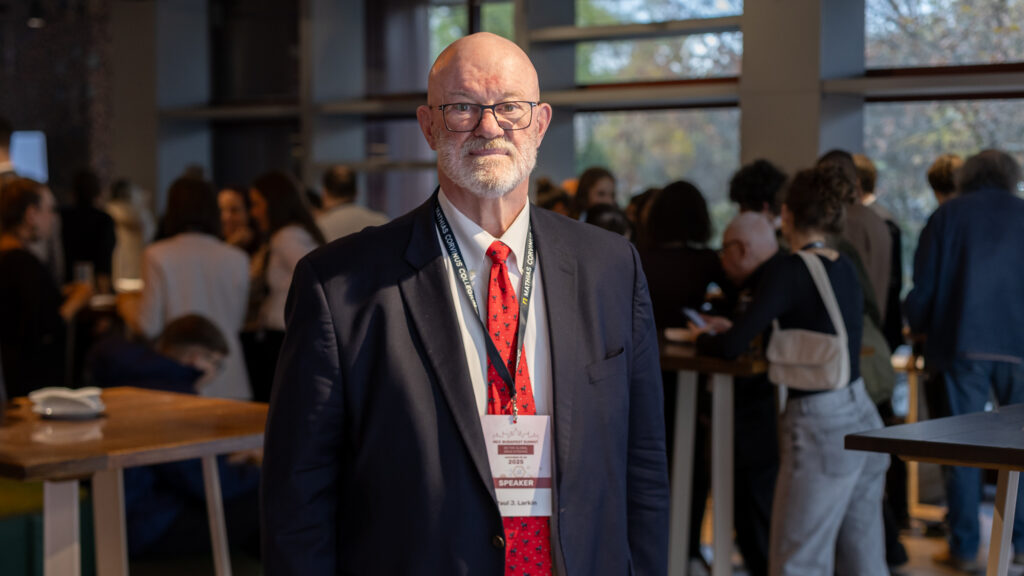
Do you have any estimate of how much fentanyl is currently in circulation in the United States compared with before Trump came into office?
You’re asking a question that law-enforcement officers, scholars, and judges have always wanted to know the answer to, but no one has ever been able to determine: how much crime is being committed in the United States. We don’t know. Smuggling happens regularly because it can be profitable; because if people want to get high, someone will figure out a way to get the drug to them. We know how much we have seized, but we don’t know what percentage of what is coming across the border the seizures represent. They didn’t know that before Trump, they don’t know it now, and they won’t know it afterwards.
But we do know that the more difficult you make it for drugs to come into the United States, the more lives you will save, because drug use is not entirely driven by demand. There is a supply-side aspect to it as well. And if you have a large amount of any type of psychoactive drug making its way into the United States and being distributed, you will attract more people to use it—particularly if the amount is large enough to drive down the price or drive up the quality. You want to work on the supply side. But I also think you need to work on the demand side, and you need to change the culture. We need to change American culture so that it disapproves of drug use in the same way America has come to disapprove of cigarette use.
‘We need to dissuade people in the media, in the academy, in Hollywood from glorifying drug use’
This is an example of stigmatization having a valuable effect. Many people in the drug-policy world say we shouldn’t stigmatize drug addicts. In the first place, we can stigmatize drug use without stigmatizing drug addicts. And secondly, you can stigmatize an act in a way that deters some people from doing it. And if you do that, you save lives. But even if you’re not trying to stigmatize people, by stigmatizing the act of using drugs you are doing much the same thing we did since the 1960s—and more recently in the last 20 years—with cigarette smoking. That has had tremendous public-health effects. It’s one of the greatest public-health achievements in US history.
We need to change the attitude. We need to dissuade people from thinking that taking drugs is cool. We need to dissuade people in the media, in the academy, in Hollywood from glorifying drug use. We don’t glorify alcohol use anymore because we know it leads to automobile accidents. And that’s because a movement—Mothers Against Drunk Driving—showed that the misuse of alcohol and then getting behind the wheel is a terrible combination, because it kills people. Drugs do the same.
And one argument we need to make more of is that if you increase the use of drugs, you will increase the number of people who get behind the wheel under the influence and cause collisions, maiming or killing themselves, their passengers, people in the other car, pedestrians—whoever. That is an overlooked problem with increasing drug use. We understood it with alcohol; we need to make the case with drugs.
If I understand correctly, what you’re talking about in a wider context, changing the culture, is, in other words, to revive the traditional Christian values in US society?
Yes, but you don’t even need to look at it in religious terms. No society can survive if it doesn’t ask individuals to make sacrifices for the benefit of others. Christians make sacrifices because they believe Jesus died on the cross for all of us, and we need to show that we understand the depth of his sacrifice by being willing to make sacrifices ourselves. But even if you’re an atheist, you should understand that you need to make sacrifices for others—maybe your wife, maybe your children, maybe colleagues at work or your neighbours. You make sacrifices because it makes their lives better.
Unfortunately, over the last 60 years, as I mentioned, we have seen the culture come to denigrate self-sacrifice for the benefit of others. That is something we absolutely have to change, because what you need to do to avoid taking drugs is simply not to take them. It’s voluntary. It’s not like the pandemic—you can try to avoid getting infected, but if someone else is infected and too close to you, you can catch it. If someone else is under the influence of fentanyl or heroin or meth, you’re not going to get it by being near them. You just have to be willing to sacrifice the euphoria, which is only transitory.
It’s not as if you take a pill or inject a syringe once, feel great for the rest of your life, and have no problems. There are many problems, and the upside is very transient. You have to persuade people that it is noble to make that sacrifice—for themselves, for their wives and children, for their extended families, neighbours, and society. But we have lost that sense in the United States, maybe because we are less of a Christian country than we were 60 years ago, maybe for other reasons. But we have seriously lost it, and we need to reclaim it.
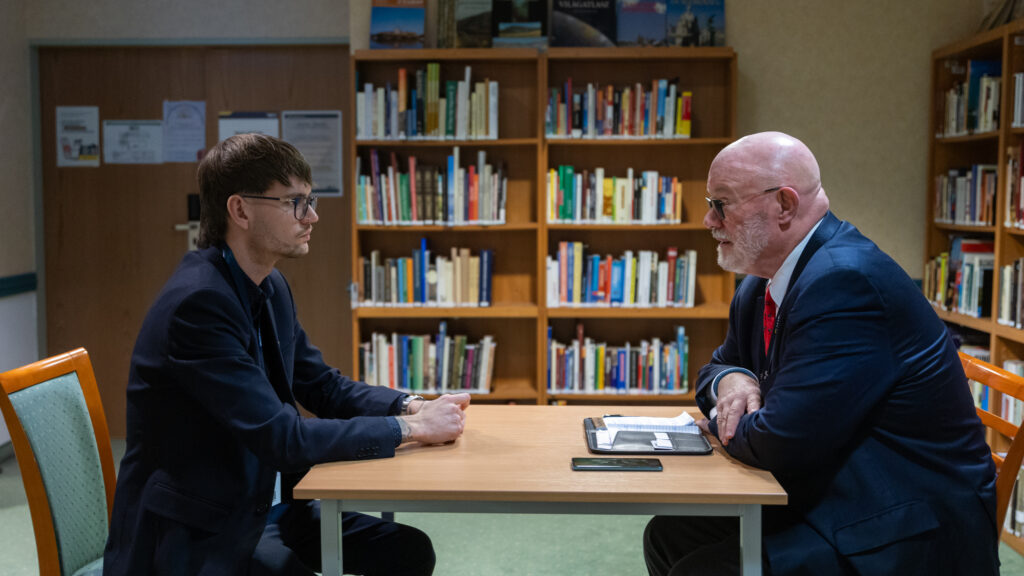
Going back to the war on fentanyl, how is this battle shaping not only domestic politics in the United States but also Washington’s international relations—for example, negotiations with China on restricting fentanyl trafficking, cooperation with Canada and Mexico, and even the recent strikes on Venezuelan narcotraffickers?
Let me talk about the China issue. In the first Trump administration, he negotiated with the Chinese chairman, and the chairman agreed to take steps to prevent illicit fentanyl from being sent from the People’s Republic of China to Mexico, the United States, and Canada. What happened as a result is that China did obey that literally—but they continued sending fentanyl precursor chemicals to Mexico. And it is not difficult to turn fentanyl precursor chemicals into fully synthesized fentanyl. China got credit for something that had no real effect.
Now Trump has made an agreement to reduce the amount of fentanyl precursors sent into North and South America. The problem is that there is a new opioid on the horizon. It’s in the category of novel psychoactive substances: nitazene. It is more powerful than fentanyl, and there are analogues to basic nitazene as well. And even if no fentanyl were exported from China at all—illicit or licit—and even if no precursor chemicals were exported, the Mexican drug-trafficking organizations could obtain the precursor chemicals from India or Southeast Asia. And China is also manufacturing nitazene.
We have this never-ending effort to try to catch up to what the drug world is doing. That’s why we can’t rely entirely on a supply-side approach. We need to address the demand side. We need to persuade people to make the sacrifice of giving up the short-lived euphoria these drugs produce in order to avoid selling themselves into chemical slavery.
Read more of our interviews:

